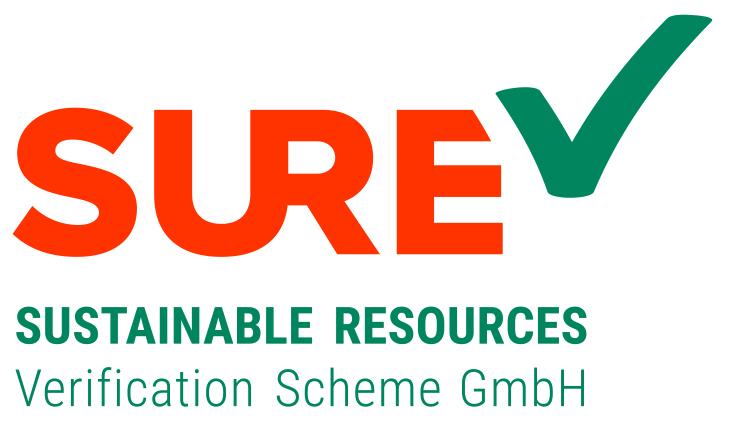Libya’s Eastern Administration Blocks EU Delegation Amid Rising Migration Disputes
In a notable escalation within the ongoing Mediterranean migration crisis, Libya’s eastern government has refused entry to the European Union’s migration commissioner and three senior EU officials. This move intensifies diplomatic friction and casts doubt on Libya’s willingness to collaborate on the complex migration challenges affecting the region. As Europe faces mounting pressure from increased migrant arrivals originating in North Africa, this incident highlights a growing divide between EU policies and Libya’s national interests, threatening ongoing humanitarian initiatives and frameworks aimed at managing irregular migration while safeguarding vulnerable populations.
Eastern Libyan Authorities Reinforce Sovereignty by Denying EU Access
The administration controlling eastern Libya has taken a firm stance by barring an EU delegation that included the bloc’s top migration official. This action reflects deepening tensions between rival Libyan factions-especially between the eastern government-and Brussels regarding approaches to curb rising Mediterranean crossings. By restricting access, Libyan authorities express their discontent with European strategies they perceive as intrusive or inconsistent with Libya’s sovereignty and priorities.
While affirming their dedication to addressing migratory pressures, Libyan officials stress that any cooperation must be grounded in mutual respect and equitable dialogue. Analysts warn that this diplomatic impasse risks derailing progress toward comprehensive agreements on managing migration flows, potentially exacerbating human rights violations against migrants detained within Libya. Humanitarian groups have raised alarms as recent estimates indicate over 50,000 migrants remain confined in detention centers under perilous conditions.
Deteriorating Relations: EU Delegation Blocked Amid Surge in Migrant Arrivals
The refusal of entry by Libya’s eastern government signals a sharp downturn in relations with European institutions. This disruption halts scheduled talks intended to forge joint responses following a 20% increase in migrant arrivals over the past year, according to data from the International Organization for Migration (IOM).
The decision appears motivated by several factors:
- Political Strategy: The eastern administration may be leveraging this move to assert greater autonomy in negotiations with Europe.
- Rising Nationalism: Growing nationalist sentiment within Libya fuels resistance against perceived external interference.
- Security Concerns: Authorities fear that unchecked migrant flows could destabilize fragile security dynamics amid ongoing internal conflicts.
This diplomatic stalemate places pressure on the EU to prove its capacity both to manage migration effectively and sustain constructive partnerships with North African nations. With negotiations stalled, uncertainty looms over future cooperation mechanisms-potentially impacting thousands of migrants seeking asylum or safe transit.
Avenues for Renewed Dialogue: Strategies for Effective Collaboration
Tackling Libya’s multifaceted migration crisis requires nuanced diplomacy that respects national sovereignty while prioritizing humanitarian imperatives. Recommended approaches include:
- Inclusive Dialogue: Engage all major Libyan stakeholders-including representatives from both eastern and western administrations-to develop cohesive policies for managing migratory flows.
- Strengthening Humanitarian Assistance: Partner closely with international bodies such as UNHCR and IOM to enhance conditions at migrant reception centers and guarantee access to vital services.
- Regional Security Cooperation: Collaborate with neighboring countries like Tunisia and Egypt through intelligence sharing and coordinated border management aimed at dismantling human trafficking networks.
- Capacity Building: Implement training programs for Libyan officials focused on immigration governance aligned with international human rights standards.
Beyond immediate measures, addressing root causes remains essential for sustainable stability. Proposed long-term solutions include:
| Main Strategy | Description & Goals |
|---|---|
| Sustainable Economic Initiatives | Promote job creation through investments in infrastructure development and entrepreneurship programs designed to alleviate economic drivers of emigration. |
| Civic Inclusion & Political Reconciliation | Foster inclusive governance frameworks encouraging political dialogue among diverse Libyan communities to build social cohesion critical for lasting peace. |
The international community must prioritize these comprehensive strategies if it aims to rebuild trust, enhance cooperation, and ultimately ease the Mediterranean migration crisis-all while respecting Libya’s authority over its borders and policymaking processes.
Navigating Complexities: Charting a Path Forward Amid Persistent Challenges
The recent exclusion of senior EU officials by Libya’s eastern government underscores enduring obstacles in collaborative management of Mediterranean migration flows. While exposing entrenched tensions, this episode also signals potential difficulties ahead as stakeholders seek pragmatic solutions amid competing agendas. For migrants caught amid perilous journeys across North Africa coupled with restrictive European policies, these developments are particularly alarming-highlighting an urgent need for renewed engagement grounded in respect, pragmatism, and shared responsibility among all parties involved in this intricate crisis landscape.

